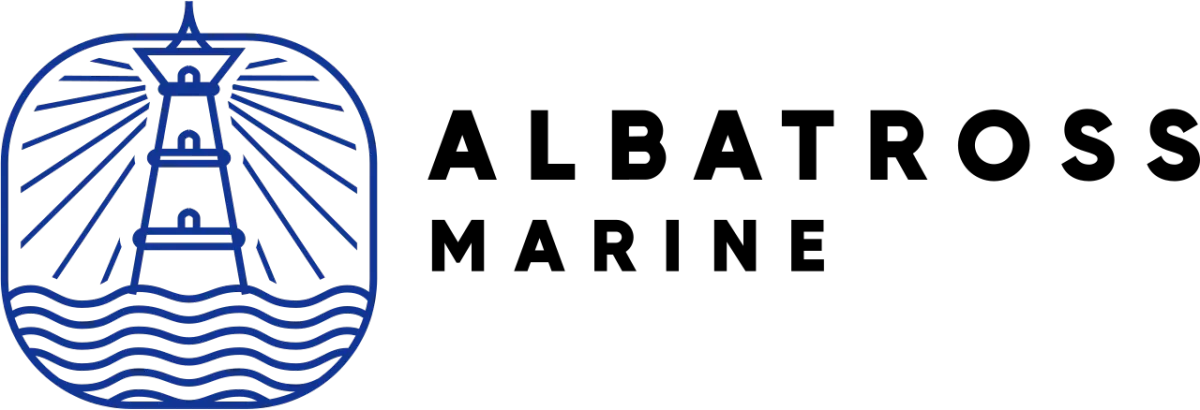
Safeguarding Lives at Sea: SOLAS 101
Have you ever seen the initialism 'SOLAS' attached to numerous maritime terminologies and wondered what it stood for? Today, let's dive into the maritime world to understand.
If you're just making your entry into the industry, welcome; here's SOLAS 101 for you. However, if you're a veteran, perhaps, this could be a fun read!
So... What is the Big Deal?

A major linchpin in maritime safety, the International Convention for the Safety of Life at Sea (SOLAS) was a treaty signed to make merchant ships safer.
The treaty ensured that vessels plying international waters adhered to rigorous safety standards. "All countries that are signatories to SOLAS have implemented the ISM Code for SOLAS vessels operating under their flag. In addition, many countries (e.g. the United Kingdom, Norway, and Australia) have extended safety management requirements to a greater portion of their non-SOLAS fleet," read the MSMSR report.
Fundamentally, SOLAS vessels encapsulate passenger-carrying vessels on international voyages, and cargo vessels (including oil tankers, chemical tankers, gas carriers, bulk carriers, container ships, and mobile offshore drilling units) of 500 gross tonnage and above.
Return to the Origin
Did you know the impetus for SOLAS came from one of the most tragic and infamous maritime disasters in history: the sinking of RMS Titanic in 1912? The catastrophic loss of over 1,500 lives threw light on some glaring deficiencies in the maritime safety regulations. In response, the first SOLAS Convention was adopted in 1914, setting a safety standard in the industry.
Although the 1914 convention could not come into force due to the outbreak of World War I, it helped present a strong foundation. While the 1929 and 1948 versions followed, it was the 1960 convention that marked a significant leap forward, aligning with post-war advancements in shipbuilding and navigation. The current SOLAS Convention, adopted in November 1974, entered into force in 1980, and regularly updated, reflects the latest in safety technology and practices.
"The 1974 version includes the tacit acceptance procedure - which provides that an amendment shall enter into force on a specified date unless, before that date, objections to the amendment are received from an agreed number of Parties. As a result the 1974 Convention has been updated and amended on numerous occasions. The Convention in force today is sometimes referred to as SOLAS, 1974, as amended," the International Maritime Organization (IMO) explains.
What Does SOLAS Cover?

The current SOLAS Convention engulfs articles with general obligations, amendment procedure, among others. This is followed by an annex that branches into 14 chapters. From instructions around 'Construction - Subdivision and stability, machinery and electrical installations', Radiocommunications, Carriage of products, including cargo, dangerous goods, etc, to safety measures around life-saving appliances like life jackets and rescue boats, and so on, the regulations are well penned.
The chapters also touch upon the International Life-Saving Appliance (LSA) Code, Global Maritime Distress and Safety System (GMDSS), Code of Safety for Nuclear Merchant Ships, International Safety Management (ISM) Code, International Code of Safety for High-Speed Craft (HSC Code), International Ship and Port Facilities Security Code (ISPS Code), International Maritime Dangerous Goods Code (IMDG Code), IGC and IBC Codes, Irradiated Nuclear Fuel, Plutonium and High-Level Radioactive Wastes on Board Ships (INF Code), and many others, as the Convention remains in sync with the already established international codes and protocols.
What Else is New?
SOLAS also lays emphasis on powerful crew training and believes that efficient crew competency is vital to stick to individual safety management systems. Moreover, regular training, drills, and certification ensure that crew members are prepared to handle emergencies.
When it comes to evolving with the changing times, the IMO, which oversees the implementation of SOLAS, actively updates the convention to implement new technologies and incorporate modern tools. For instance, recent amendments have focused on cyber security, acknowledging the increasing reliance on digital systems in modern shipping.
The Overall Impact
SOLAS has, undoubtedly, had a profound impact on maritime safety, significantly reducing the number of accidents and casualties at sea. By setting universal standards, it ensures that ships from all countries, regardless of their flag state, adhere to high safety standards and align with SOLAS regulations when on the waters.

